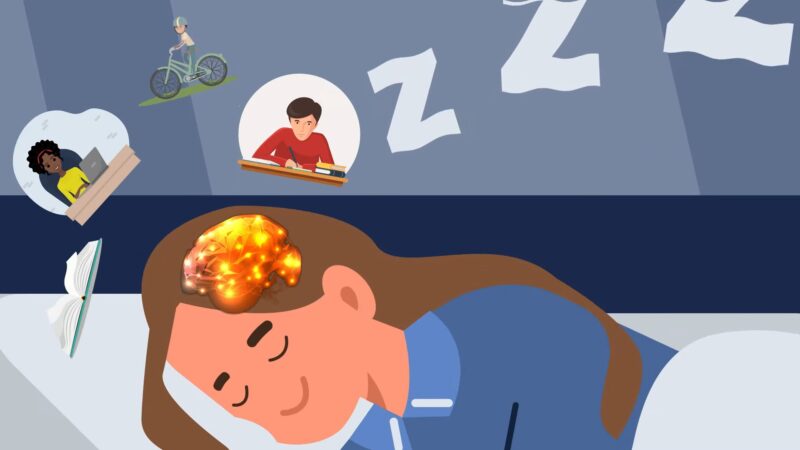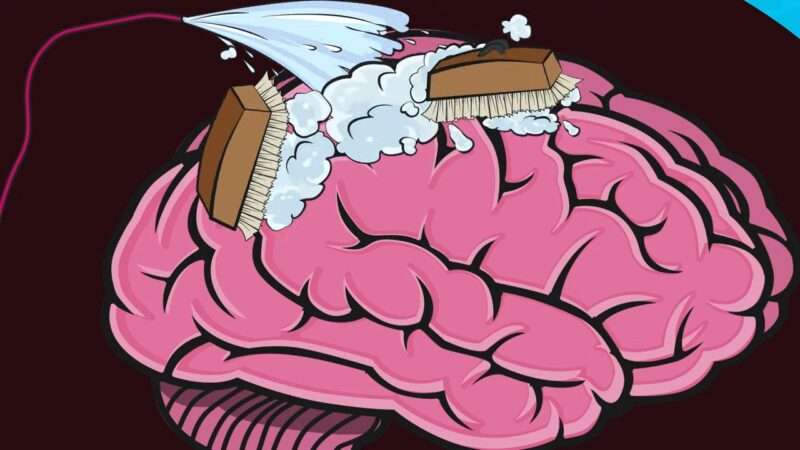If there were a pantheon of life’s essential activities, one unsung hero would stand distinctly apart, underestimated and often overlooked. This quiet protagonist, working behind the scenes, accounts for roughly a third of our existence.
Its role, though shrouded in mystery, is as critical as it is unassuming. It’s the gentle whisper in the clamor of life’s symphony, the ever-present companion in our journey from cradle to grave. This quiet achiever is none other than Sleep.
Sleep, our nocturnal nurturer, is the guardian angel of our health, the architect of our cognitive prowess, the silken thread weaving the fabric of our mental and physical vitality. It’s an activity, or more aptly, an inactivity, that is at once intriguingly paradoxical and indispensably paramount.
As we surrender our consciousness and dive into its inviting embrace, we are embarking on an adventure where a host of important physiological and psychological functions come alive. It’s in this tranquil realm of profound idleness, this soothing cocoon of dormancy, that life’s most critical processes unfold in an intricate ballet of renewal and restoration.
Yet, despite its monumental role, sleep is often viewed dismissively, treated with nonchalance, even outright neglect. In our chronically sleep-starved society, the quiet symphony that sleep orchestrates each night often goes unnoticed, unappreciated, its profound music drowned out by the deafening cacophony of our bustling lives.
But beneath this veneer of inactivity, sleep is anything but idle. It’s an unheralded elixir, nourishing our minds and bodies, fortifying us against life’s many trials and tribulations.
In this exploration, we unravel the hitherto overlooked majesty of sleep. We will delve into its myriad benefits, revealing how it profoundly influences our cognition, physical health, and emotional well-being.
This essay is an ode to sleep, an effort to shed light on its profound significance, and a clarion call to recognize and embrace its indispensable role in our lives. So, let us embark on this enlightening journey to appreciate the silent symphony that sleep orchestrates, the nocturnal ballet it conducts, and the gentle, healing embrace it offers us each night.
A Cerebral Cleanse: The Cognitive Impact of Sleep

Sleep isn’t merely an act of surrendering consciousness; it’s an active period where our brains perform housekeeping tasks. During the various sleep stages, our minds consolidate memories, process information, and lay the groundwork for learning and creativity.
When we skimp on sleep, we pay a high price. Lack of sleep can lead to cognitive impairments, such as diminished focus, impaired memory, reduced decision-making skills, and stifled creativity. For the brain, sleep is not a luxury but a fundamental requirement for optimal function.
Symphony of Restoration: Sleep and Physical Health

Beyond its cognitive benefits, sleep serves as an unseen healer, silently tending to our physical well-being while we rest. Adequate sleep is crucial for a well-functioning immune system, efficient metabolism, heart health, and even genetic expression.
Short-changing sleep can lead to a slew of health issues such as obesity, cardiovascular diseases, sleep disorders and a weakened immune response. Like a symphony, our bodily systems find their harmony in the soothing melody of sleep.
The Emotional Anchor: Sleep’s Influence on Mental Health

Not only is sleep the bridge to cognitive brilliance and physical vigor, but it also serves as an emotional anchor, grounding us in the turbulent seas of life. Studies show a strong correlation between lack of sleep and mental health disorders such as anxiety and depression. By ensuring we attain enough quality sleep, we lay a firm foundation for emotional resilience and psychological equilibrium.
Sleep Deprivation: Society’s Silent Epidemic

In our fast-paced, 24/7 world, sleep often gets relegated to the back burner, seen as a hindrance to productivity or a luxury we can’t afford. This attitude has led to widespread sleep deprivation, a silent epidemic that wreaks havoc on our health, cognitive abilities, and emotional stability. Ignoring our need for sleep is like ignoring the need for food or water; eventually, our bodies and minds will protest.
Conclusion
In light of these insights, it’s clear that sleep, far from being a passive, idle state, is a dynamic, vital process that profoundly impacts our cognitive, physical, and emotional well-being. By undervaluing sleep, we rob ourselves of the opportunity to live at our full potential.
It’s high time we reclaim the night and embrace sleep as the fundamental pillar of health that it is. The silent symphony of sleep awaits us every night, ready to restore, heal, and refresh. The key is to listen, surrender, and let it play its indispensable role in our lives.

